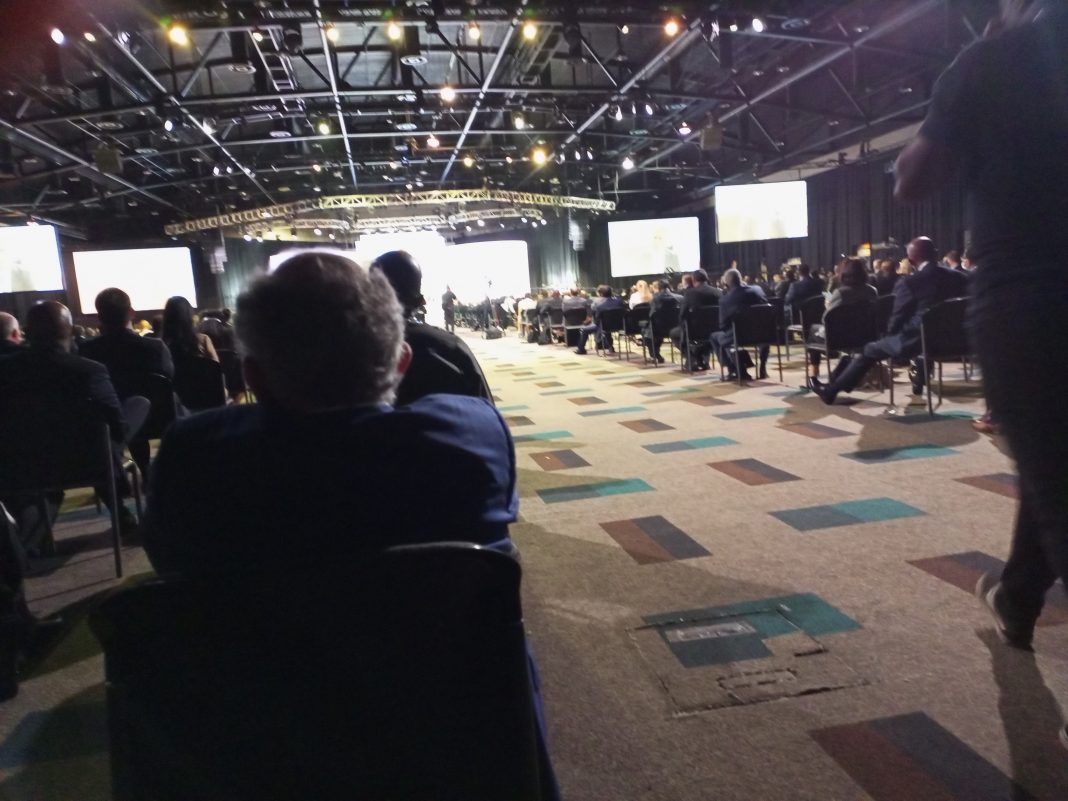The South African Minister of Trade and industry, Mr Patel Ebrahim has explained why African common currency may be difficult to achieve this time. The Minister also explained in chat with Legit.ng why Dangote, Otedola, other Nigerians, as well as other African billionaires, were not officially present at the just concluded South African investment conference.
In a chat with Legit.ng at the sideline of the South African Investment Conference which held in Johannesburg, the minister said that some African billionaires, including Dangote and Adenuga could not take part in the event because the focus of the event was on new investment pledges made by investors.
The Minister who said many African billionaires, including Dangote have not stopped investing in South Africa, said the focus at this period was on new pledges for fresh commitment.
He said:
“We have had African investors who are not from South Africa, investing in the country. A good example is Dangote, but then he did not make a fresh commitment in this conference. That forms the reason you did not see some of them this year. We welcome strongly other African investors in South Africa, and we hope they can see the business opportunities in South Africa,” Patel told Legit.ng.
Speaking on African common currency, he said it’s too early for now for Africa to begin to talk about common currency. His reason was anchored on the experience of other continents. He said before such could become implementable on the continent, there was the need for a high level of convergence of serious policy. According to him, common currency comes mostly when you begin to create CEO markets.
Patel said:
“But we are trying to create in Africa what we call a free trade area, which is an important step towards African growth. One of the biggest challenges the European Union faced was that when they introduced a common currency, there were some EU countries, despite the fact that there was a long period of convergence, that were affected. The EU, however, saw the establishment of the common currency, not only as a political choice they were making but also as an important source of economic growth; that’s why they were creating this massive market and they were able to attract investments.
“So I think the African project is for Africans to work on this and the next generation. We are taking the important and only first steps towards the African continent’s free trade union. It will take years to get this done, but we will get there. This is because, in business, there are challenges you meet daily. The same logic applies in the case of Africa. Africa is capable of unlocking those challenges, and as you unlock those challenges, several solid bases will grow. Think about it; 1.3 billion people in a continent that is very young, with demographic advantage, young people that are well connected in terms of ITs and other similar technologies.
Petal further said that the future looks so bright for the continent if it can collectively, and in a disciplined manner roll out the free trade area and deal with the problems of smuggling, western challenges, and others. He believes that as Africa resolves these problems, it will be able to create a massive market that can be the engine of growth.
South Africa held an investment conference on March 24, 2022, with many investors trooping into the country to pledge fresh investment commitments in the country.
